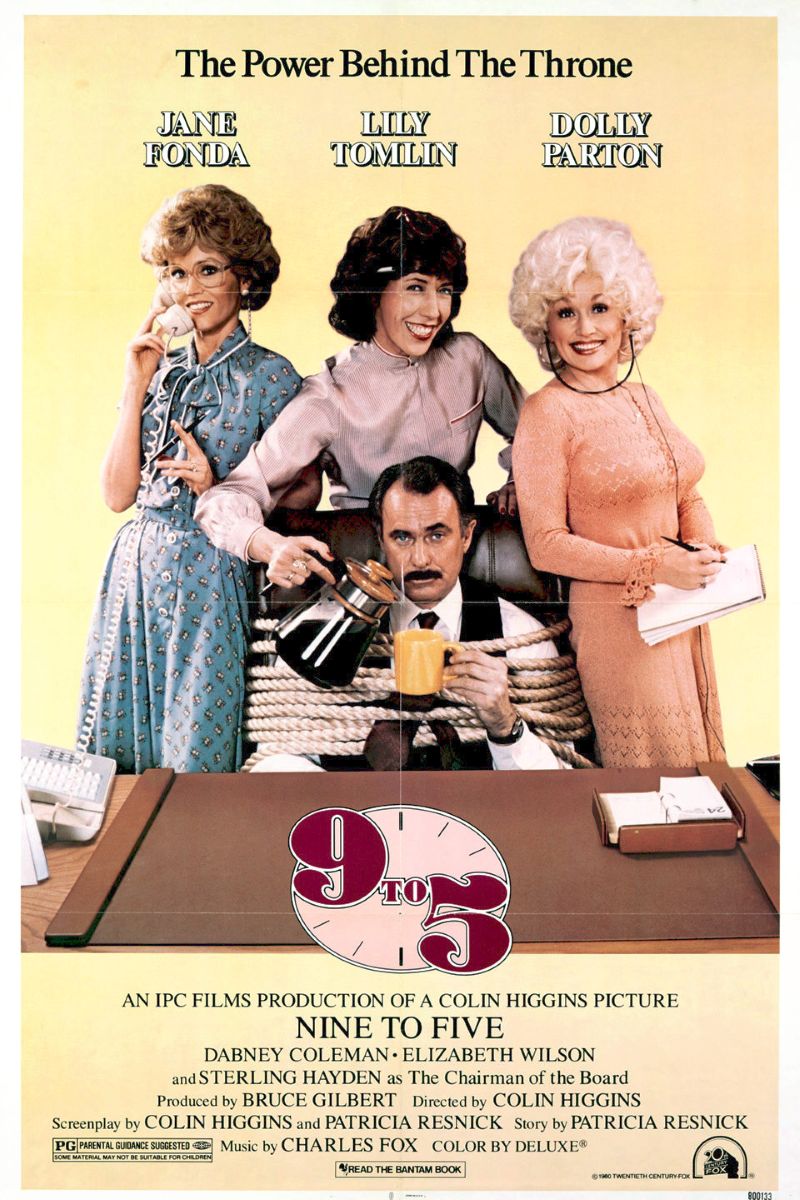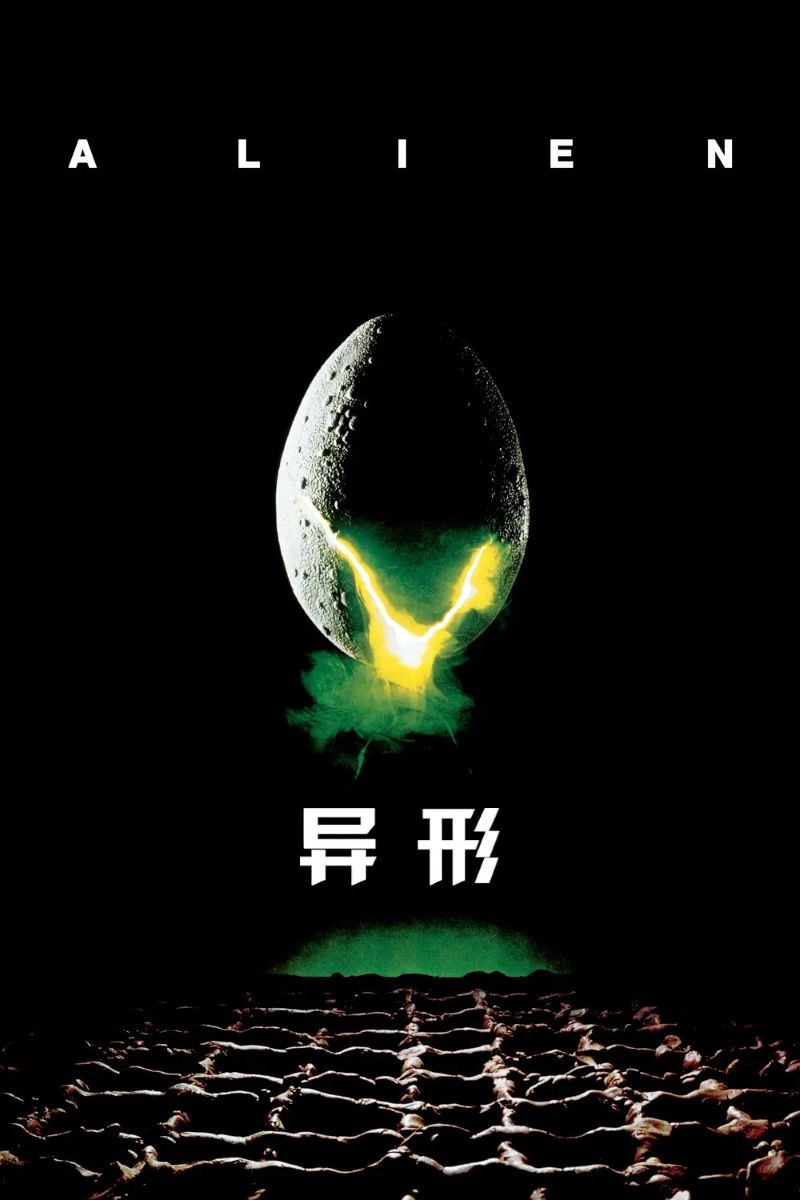
Barbie
Barbie
In the seemingly perfect world of Barbieland, Barbie begins to question the meaning of her existence and embarks on a philosophical journey to the real world. This pink-packaged blockbuster explores profound issues of patriarchy, beauty standards, and female identity in an entertaining format.
Cast
Related Topics
🎥 Film Analysis & Review
Greta Gerwig’s “Barbie” arrived in theaters in July 2023 as much more than a toy-based blockbuster. Beneath its deliberately artificial pink aesthetic and playful tone lies a sophisticated examination of gender roles, societal expectations, and the complex relationship between femininity and empowerment in the 21st century.
A Subversive Take on Perfection
The film opens in Barbieland, a matriarchal utopia where Barbies hold positions of power—presidents, doctors, Nobel Prize winners—while Kens exist primarily as accessories. This role reversal immediately signals Gerwig’s intention to interrogate our real-world gender dynamics through satirical inversion. When stereotypical Barbie (Margot Robbie) begins experiencing existential dread and physical imperfections, the cracks in this perfect world become apparent.
Confronting the Real World
Barbie’s journey to the “real world” (our world) serves as a harsh awakening to the realities of patriarchal society. The film doesn’t shy away from depicting the stark contrast between Barbieland’s female empowerment and reality’s persistent gender inequalities. Through encounters with hostile men, catcalling, and workplace sexism, both Barbie and the audience are forced to confront uncomfortable truths about contemporary gender relations.
The Patriarchy Paradox
One of the film’s most compelling elements is its exploration of how patriarchal systems harm both women and men. Ken’s discovery of patriarchy in the real world and his subsequent attempt to impose it on Barbieland reveals how toxic masculinity creates insecurity and competition among men while oppressing women. Ryan Gosling’s performance captures both the absurdity and tragedy of masculine identity crisis in modern society.
Beauty Standards and Authenticity
The film tackles the impossible standards imposed on women through the Barbie brand itself. The irony isn’t lost that a movie critiquing beauty standards stars conventionally attractive actors, but Gerwig uses this tension productively. America Ferrera’s character delivers a powerful monologue about the contradictory expectations placed on women—to be strong but not threatening, successful but not intimidating, beautiful but not vain.
Corporate Feminism vs. Authentic Change
“Barbie” also examines the commodification of feminism by corporate interests. The film’s portrayal of Mattel executives as bumbling, well-intentioned but ultimately clueless men reflects broader critiques of how capitalism co-opts feminist messaging for profit while failing to address systemic inequalities.
Mother-Daughter Relationships
The relationship between Gloria (America Ferrera) and her daughter Sasha provides emotional grounding for the film’s broader themes. Their dynamic explores how feminist ideals are transmitted across generations and how young women navigate the gap between idealistic expectations and complex realities.
A New Kind of Feminist Cinema
What sets “Barbie” apart from other feminist films is its accessibility and humor. Rather than preaching to the converted, Gerwig created a mainstream entertainment that smuggles serious feminist theory into multiplex theaters. The film’s success—grossing over $1.4 billion worldwide—proves that audiences are hungry for stories that take women’s experiences seriously while remaining entertaining.
Cultural Impact and Legacy
The “Barbie” phenomenon extended far beyond the film itself, sparking global conversations about gender, identity, and empowerment. The movie’s impact on fashion (pink everything), social media discourse, and even academic discussions demonstrates cinema’s power to influence cultural conversations.
Conclusion
“Barbie” succeeds because it refuses to offer simple solutions to complex problems. Instead of concluding with neat resolution, the film embraces ambiguity and ongoing struggle. Barbie’s final choice to become human—with all the messiness and imperfection that entails—represents a rejection of impossible perfection in favor of authentic existence.
Gerwig has created a rare blockbuster that operates simultaneously as crowd-pleasing entertainment and serious feminist text. In doing so, “Barbie” proves that popular cinema can address substantive issues without sacrificing commercial appeal, opening doors for more diverse voices and perspectives in mainstream filmmaking.
The film’s ultimate message isn’t that we should abandon ideals of empowerment, but rather that true progress requires acknowledging complexity, embracing imperfection, and continuing the ongoing work of creating more equitable societies for everyone.
🏆 Awards & Recognition
- • 96th Academy Awards Best Adapted Screenplay Nomination
- • 81st Golden Globe Awards Best Motion Picture Musical/Comedy Nomination
- • 76th BAFTA Awards Best Adapted Screenplay Nomination
⭐ Ratings & Links
No links available
Related Recommendations
讨论区
分享您的想法和观点
加入讨论
分享您的想法和观点
加载评论中...

